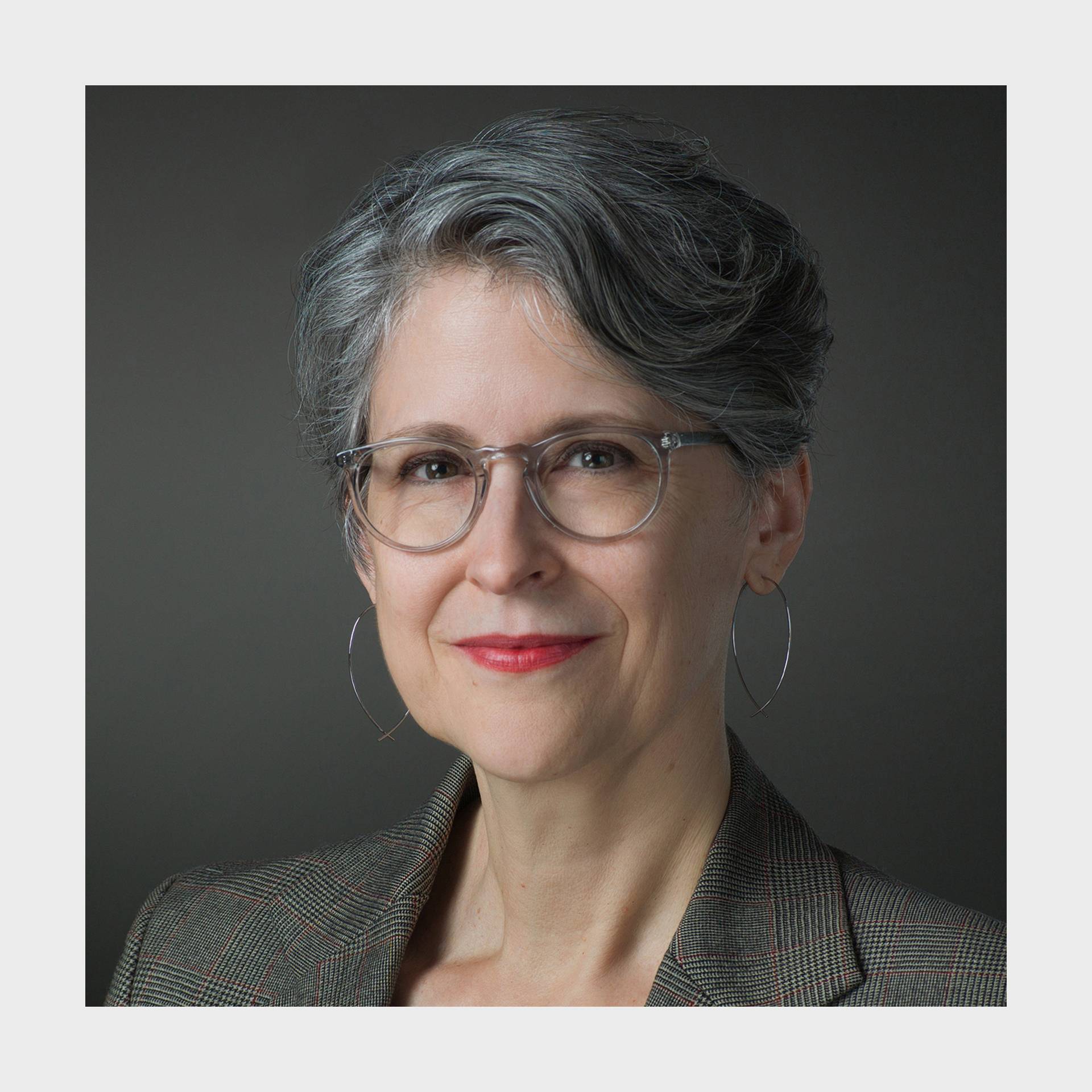
Susan Larson will be a Senior Fulbright Scholar in Spain and will conduct research in Madrid this fall.
Susan Larson, the Charles B. Qualia Professor of Romance Languages in Texas Tech University's Department of Classical & Modern Languages & Literatures, has written for years about architecture, urbanism and the role of culture in imagining the built environment in modern Spain. However, when the COVID-19 pandemic hit last year, her perspective changed.
“I have long worked with a set of assumptions about public urban space, but COVID-19 has forced me, like so many all over the world, to shift my perspective inward in order to consider the social history and function of the idea of comfort in private, domestic spaces,” Larson said. “The experience of living in quarantine has drawn our attention to comfort and domestic interior space in ways that are already having an impact on the field of architecture and all forms of written and visual culture, in Spain and elsewhere, raising a series of increasingly urgent questions that my project seeks to answer.”
The project to which Larson is referring is her “Comfort and Domestic Space in Spain, from the Civil War through the Transition,” which has been made possible by a prestigious Fulbright U.S. Scholar award. Larson will conduct her research in Madrid this fall.
Answering questions
For her Fulbright project, Larson hopes to answer questions that shed light on assumptions of the modern home.
“The way we experience space has radically evolved over the last century, and the modern home is where new technologies break down old boundaries between what Beatriz Colomina calls the ‘inside and outside, public and private, night and day, depth and surface, here and there, the street and the interior,'” Larson said. “Social and architectural historian Alice T. Friedman sees mid-century American and European architecture and design as increasingly reflecting the values of a burgeoning consumer society, including a ‘fundamental confidence in the power of material objects to transform the identity and status of those who owned them.'
“These are commonly held, widely accepted assumptions about the architecture of the modern home, but how were the concepts of comfort and the domestic introduced in twentieth-century Spain? How were the images of the ideal domestic space conceived, distributed and consumed? By whom? For whom?”
Larson also plans to examine media-driven concepts of comfort.
“I applied for a Fulbright in order to conduct research that examines the evolution of domestic space through a critical analysis of the media-driven concept of comfort,” she said. “Comfort is a particularly complex cultural and political narrative that is closely related to ideas about social housing, modernization, class conflict, the nation, intimacy, the body and the family. This research unpacks the meanings of everything from the aspirational and futuristic interiors of Spanish homes to the hard-hitting critiques of the potential dangers of domestic space found in architectural plans, manifestos and forms of mass media such as advertising, comics, magazines, film and literature.”
Hopeful outcomes
Larson said her goal with this project is to publish a series of articles and a full-length scholarly book in the U.S., followed by a Spanish translation.
“I will focus on this project in Madrid during the fall of 2021, when I will undertake archival research and participate in discussions, research workshops and master classes organized by the research groups at my host institutions, the Consejo Superior de Investigaciones Científicas (CSIC, or Spanish National Research Council) and Madrid's Complutense University,” Larson said. “I also will be giving lectures at the Universities of Granada and Zaragoza.”
Larson also hopes to bring Spanish graduate students to Texas Tech.
“I want to keep my research moving forward, but I also want to use my time in Spain to do some recruiting,” she said. “I'm going to participate in research discussions, doctoral-level workshops and master classes for graduate students in Spain at my host institutions. I'd to use those opportunities to recruit graduate students to Texas Tech.”
Fulbright U.S. Scholar Program
The Fulbright U.S. Scholar Program offers diverse opportunities for U.S. academics, administrators and professionals to teach, research, conduct professional projects and attend seminars abroad.
Larson said the help she received in putting together her application was vital and highly appreciated.
“I worked closely in the summer of 2020 with our Texas Tech Fulbright Liaison Dr. Elizabeth Trejos-Castillo of Human Development & Family Sciences on putting together the Fulbright application narrative,” Larson said. “Her support and feedback were absolutely essential to me being able to put together a successful application. I can't thank the Office of International Affairs and Dr. Trejos-Castillo enough for their support.”
Article written by Amanda Bowman, Texas Tech Today.
